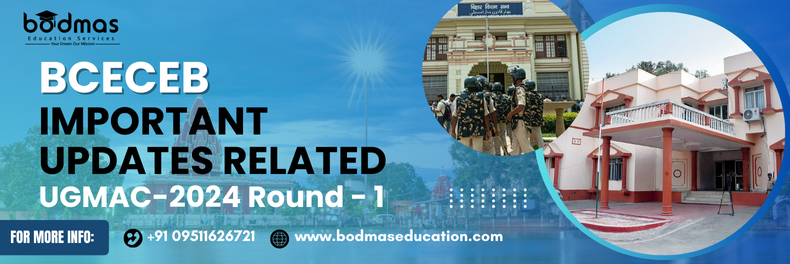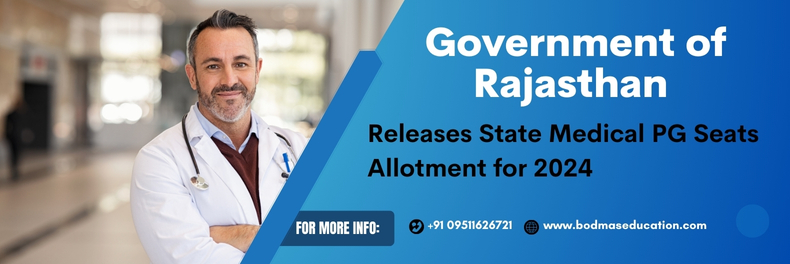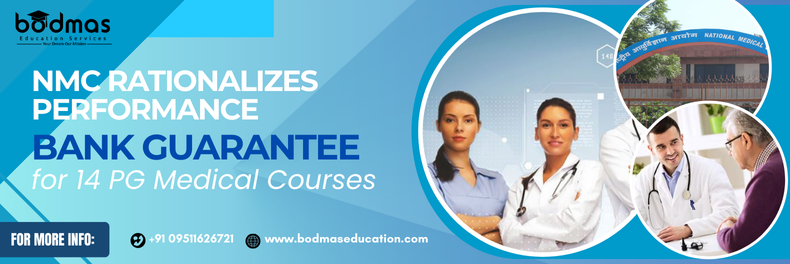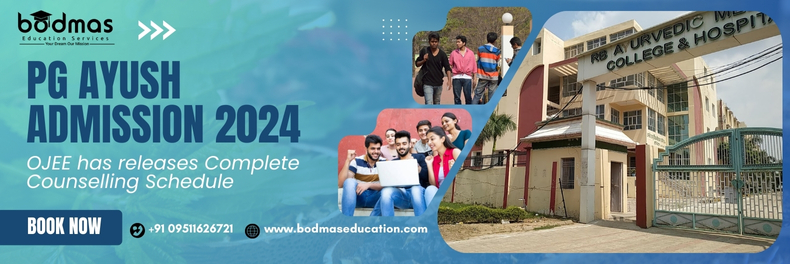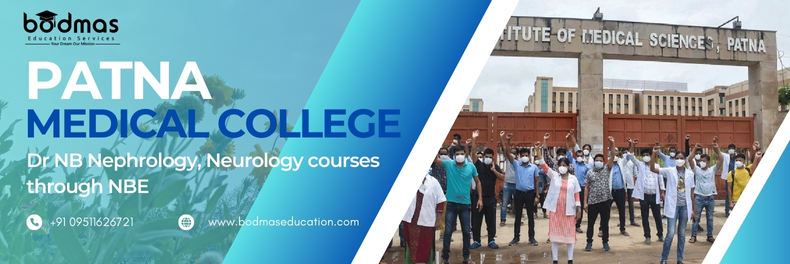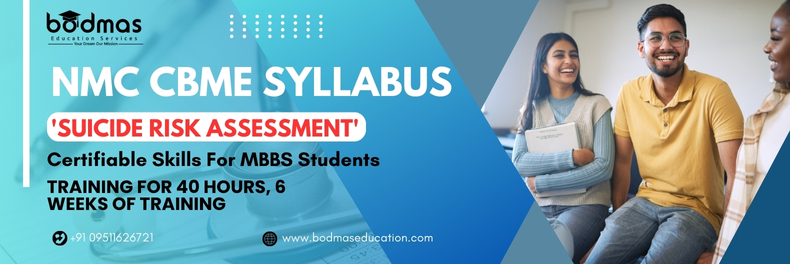SC: The NRI quota criteria in Punjab is a “fraud” on medical education, allowing “backdoor entries.”
SC: The NRI quota criteria in Punjab is a “fraud” on medical education, allowing “backdoor entries.”
NEW DELHI: September 24, New Delhi (Representative) On Tuesday, the Supreme Court denied three petitions that challenged an order from the Punjab and Haryana High Court that nullified a Punjab government notification that changed the requirements for admissions to medical colleges under the Non-Resident Indian (NRI) quota. The revised terms, according to a bench consisting of Chief Justice of India (CJI) D Y Chandrachud, Justices J B Pardiwala and Manoj Misra, are nothing more than “fraud,” as they degrade the standard of the nation’s educational system.
15% NRI business quota is money spinning fraud
The Supreme Court was considering appeals that challenged the high court’s decision on September 10 to cancel the notification from the Punjab government on August 20. The announcement broadened the 15% NRI reservation to encompass distant relatives like uncles, aunts, grandparents, and cousins of NRIs for admissions in medical colleges under the same quota. The bench instructed to examine the terms ‘nearest relatives’ and ‘wards’ of NRIs. Even a distant third cousin can qualify as a nearest relative. What was the government referring to when mentioning the ward of a Non-Resident Indian? Everyone has the potential to be considered a dependent of an NRI, as long as there is a sworn statement from the individual living overseas.
General student with 630 out of 700 marks may not secure a seat
Abhimanyu Bhandari, an advocate, noted that a general category student scoring 630 out of 700 marks may not secure a seat, whereas an NRI ward with just 200 marks could be admitted. Finding an NRI in Punjab is not a challenging task. Describing the government’s action as a “total deception” and “a profit-making scheme”, Chief Justice of India D Y Chandrachud, leading a three-judge panel, stated, “We need to put an end to this NRI quota system immediately.” He went on to say, “This is pure deception and this is the impact on our education system!” Judges are aware of the situation they are handling.
The Chief Justice of India stated that the Punjab and Haryana High Court bench, headed by CJ Sheel Nagu, made the right decision in overturning the August 20 amendment to the medical admission prospectus. They instructed the state to proceed with admissions as per the original prospectus, which allowed only children of NRIs to be admitted under the NRI quota.
In Punjab, Shadan Farasat, an additional advocate general, claimed that the Aam Aadmi Party government had utilized the same procedure as Himachal Pradesh, Rajasthan, Chandigarh, and the Union government for NRI quota admissions. The Chief Justice of India stated, “We should stop this entire deception regarding NRI quota seats.” This new interpretation of the NRI reservation is simply a deceitful act against the medical education system. Following the deadline for submitting application forms, the Punjab government adjusts the eligibility requirements for NRI quota seats. Candidates in the general category, who have three times more marks than an NRI candidate, will be at a disadvantage. The court must not support this fraudulent patent.























